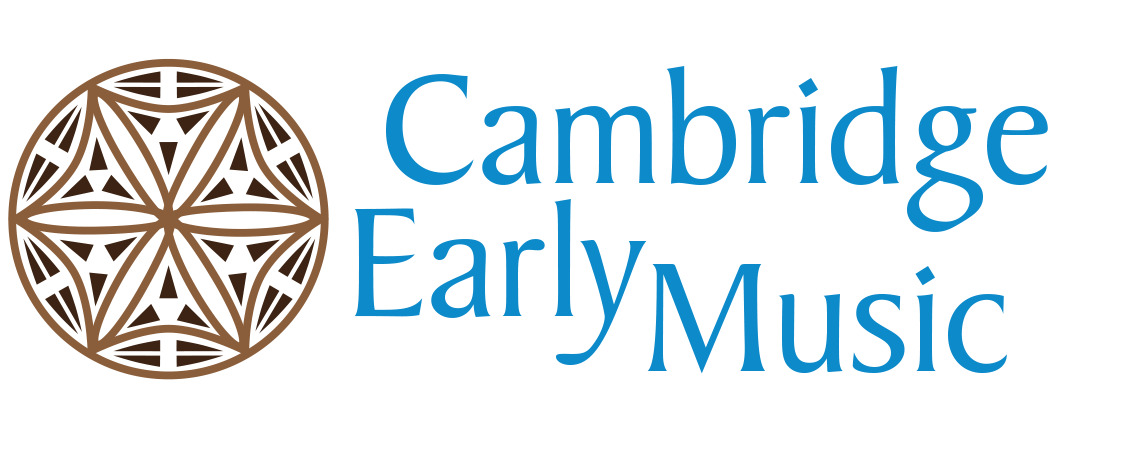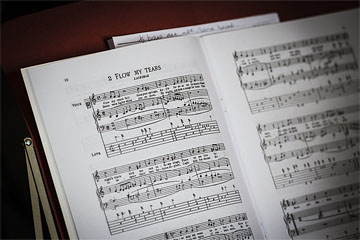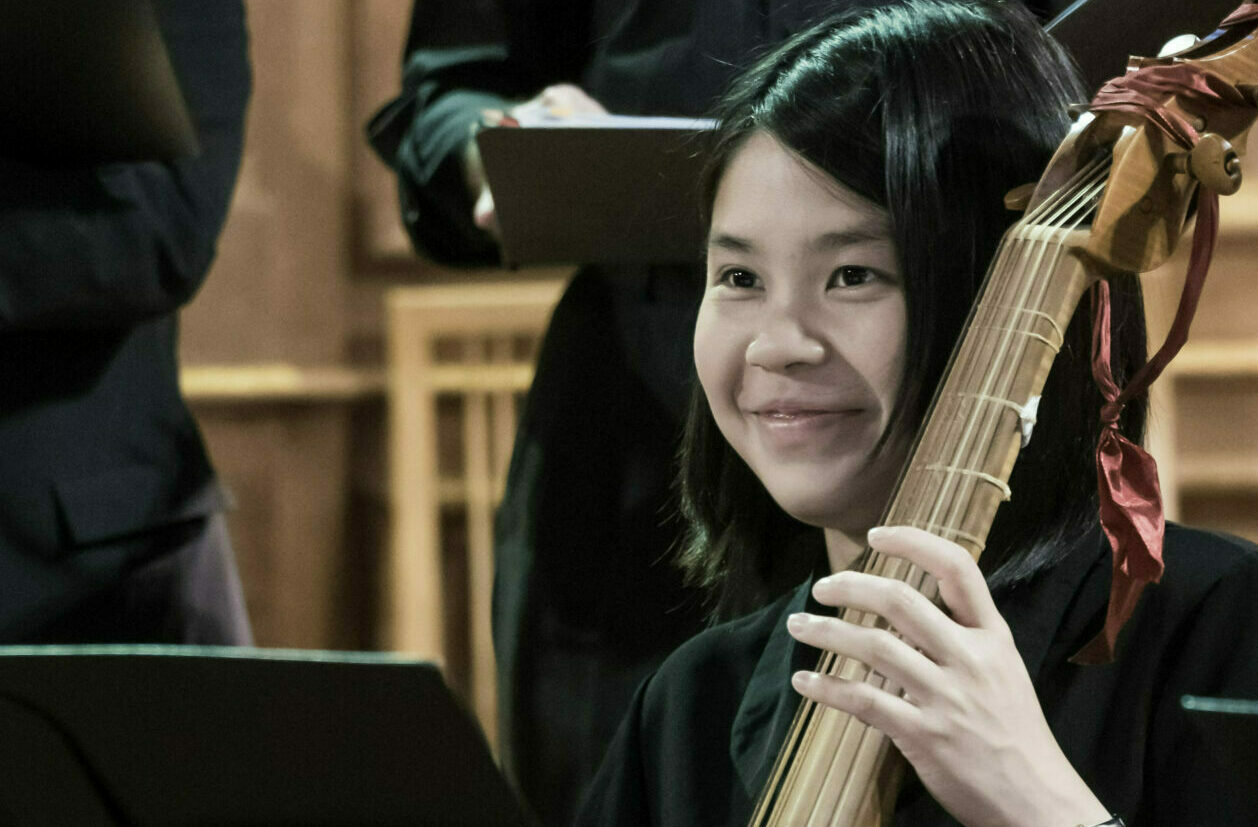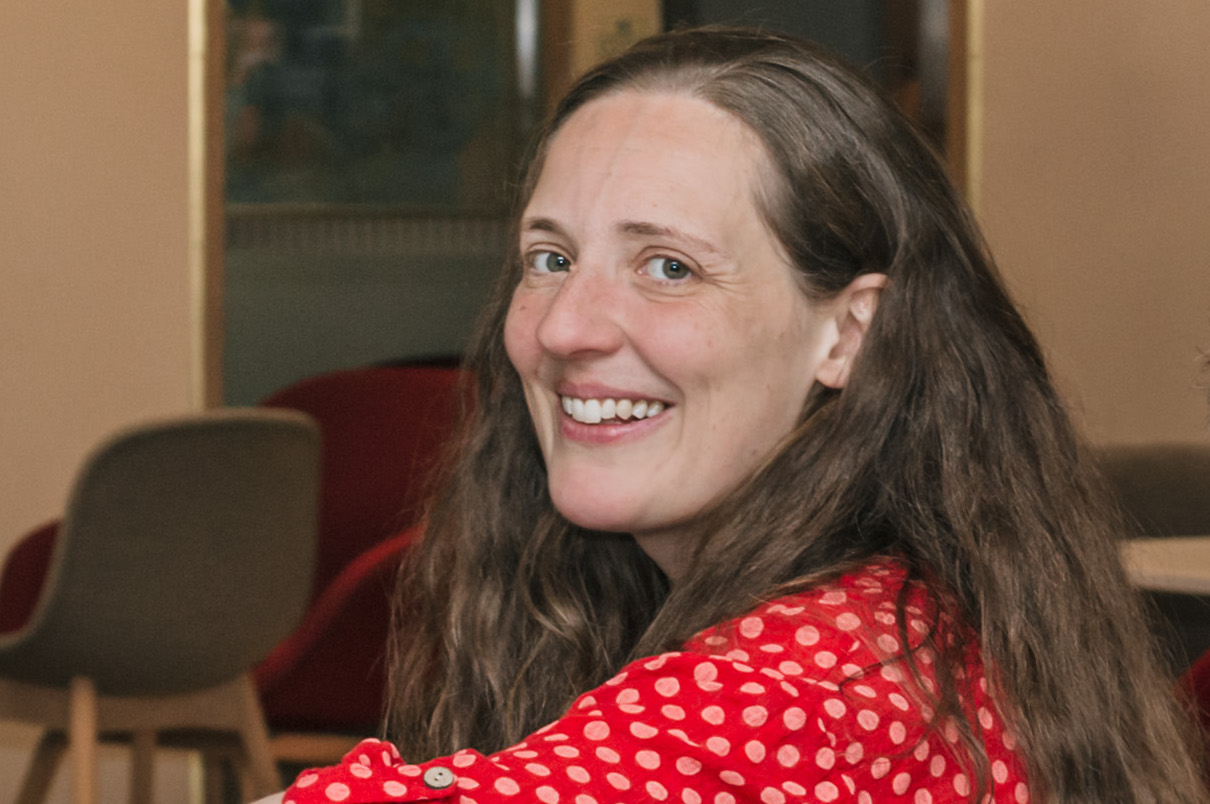Voices and Viols
Part of our Summer Schools programme, this week will be the perfect opportunity to spend time with like-minded musicians, and to develop your skills under the guidance of a world-class team of tutors: Clare Wilkinson (voices and course director), Carys Lane (voices), Giles Underwood (voices), Alison Crum and Alison Kinder (viols). Clare offers a warm and personal approach, aiming at an experience as close to tailor-made as possible for participants. Find out more about our tutors.
Charles V and the Spanish Golden Age: music for an empire where the sun never sets
Music by Morales, Guerrero, Anchieta, Vasquez, Crecquillon, Victoria and others
The six-year-old Charles, on hearing of his father’s death, must have felt the world begin to revolve around him. With good reason; before the age of 20, he would be King of Spain, Duke of Burgundy, Archduke of Austria and Holy Roman Emperor, ruling over 28 million people – 40% of the population of Europe. Generations of canny Habsburg marital engineering, plus a few twists of fate, had left him heir to a vast empire stretching from Hungary in the east to the colonies on the west coast of America.
At seventeen, Charles moved from his birthplace in Flanders to claim his throne in Spain, the epicentre of his empire, where a great flourishing of the arts had already begun. Educated in music from an early age, Charles brought his Flemish ‘chapel’ (musical establishment) to Spain with him. This prestigious group of singers became known as the Capilla Flamenca, and accompanied him as he moved about his empire – a quarter of his reign was spent on the road. Senfl was one of many composers who wrote music (Martia, terque quater) in honour of the Emperor’s visits. Ecce, Carolus venit!
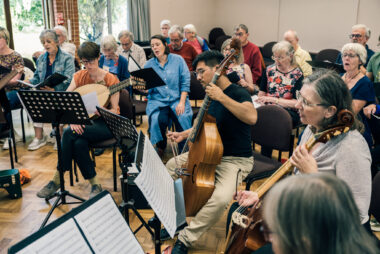
During Charles’ absences, two extraordinary women were running the show in Spain, each with their own group of Spanish musicians. His mother Juana (‘the mad’ – or perhaps just inconvenient), nominally Charles’ co-ruler despite being kept out of the way in a convent, had been taught by Anchieta (known especially for his gently lilting Con amores, mi madre) and retained a deep love of music. She and Charles shared a group of Spanish musicians, largely instrumentalists. Meanwhile Charles’s wife, Empress Isabella, brought with her from Portugal a substantial group of singers, to which she added in Spain – creating an impressive royal ensemble of Spanish players and singers.
When the Emperor and Empress travelled in Spain, they visited the great cathedrals, each with its own rich musical establishment. Morales, ‘the light of Spain in music’, who wrote the mass for Charles and Isabella’s wedding, was employed by several of these cathedrals, including Toledo (where Dr Michael Noone has carried out some remarkable detective work on manuscripts too water-damaged to open, containing, among many other gems, Morales’ gorgeous Asperges me). Morales’ prolific pupil Guerrero was also admired by Charles – understandably, given the beauty of such works as his uplifting Regina caeli. A less familiar name from the same ‘school’ is Juan Vasquez, whose charming villancicos (such as Con que la lavaré) are a joy to sing or play. Crecquillon, however, was the one chosen by Charles to write music to mourn the death of his wife: two settings of Mort m’a privé and a mass based on these.
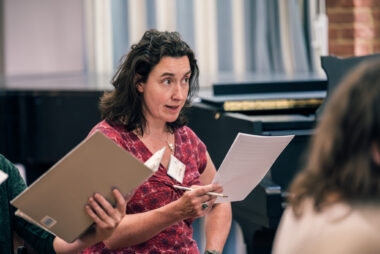
Upon Charles’ death, his son Philip inherited all of the royal musical establishments, amalgamating them into one, the Capilla Real Española, and ushering in the Golden Age of Spanish music and its star, Victoria…
The works mentioned, plus many others from Charles’ musical world, will be on the extensive music list for what promises to be a glorious week of consort singing and playing. Join us as we travel south from Flanders with Charles’ musicians, and explore this immensely rich period of Spanish musical history!
We will perform for each other informally over the course of the week, rather than preparing for a concert.
Sign up to our Summer Schools mailing list!
A typical day’s schedule might be:
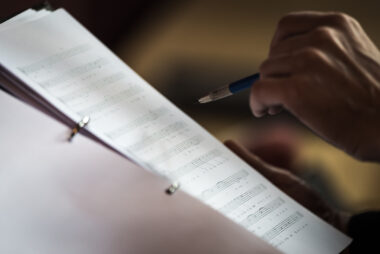
- 09.00 Optional warm-up
- 09.30 Session 1: Consort groups
- 11.00 Coffee
- 11.30 Session 2: Consort groups
- 13.00 Lunch, followed by free time (informal music if you wish; or or snap up a space in Giles or Carys’s ‘voice clinics’!)
- 15.00 Session 3: a talk, workshop or larger-scale piece
- 16.15 Tea
- 16.45 Session 4: Consort groups in different combinations
- 18.30 Dinner
- 20.00 Short ‘musical gathering’
- Afterwards: Informal music as you wish; Benslow’s bar is open!
This example timetable is subject to change.
Music will largely be provided one month before the course in pdf form, via Dropbox, and participants will need to print this at home to bring, or read from their iPads. Repertoire may be supplemented during the course week. Do bring your own music for free time if you wish.
Pitch will be A = 440
Arrival and departure times: Participants should arrive in time for tea at 4pm on Sunday 27 July; the first session will start at 5pm. The course ends with breakfast on Sunday 3 August.
Is the Renaissance course for me?
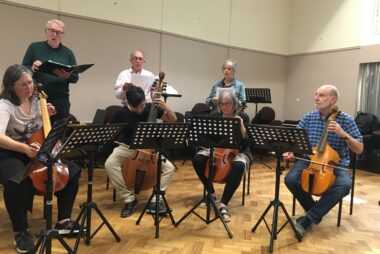
The course is open to experienced singers and viol players who are confidently able to hold a line alone. Tutors will create a comfortable environment, so you are relaxed enough to be at your best! Music will largely be provided one month before the course in pdf form, so you can get familiar with almost everything in advance.
For viol players, this is a fantastic opportunity to learn about an earlier style of viol playing from two leading experts, and to explore the rich repertoire composed with this sound in mind. This course is for confident, rhythmically secure players. We welcome both Renaissance viols and later soundposted instruments, with plenty of opportunity to specialise in one, or to explore wider repertoire with both. A small number of instruments may be available to borrow.
For singers, this is a consort singing (one-per-part) course. We welcome those who have sung one-per-part before (ideally bringing pre-formed consorts), and also confident choral singers who feel ready to take the step to one-per-part in a friendly environment (to this end, we may be able to offer a 2-per-part option for part of the week, if numbers allow). As far as we know, this is the only consort-singing course in the country.
Participants are often surprised by how high the standard is: you will need either to be an excellent sight-reader, or take time to look at the music beforehand. Clare thinks hard about how to put everyone in a consort with singers of similar abilities, but getting this right requires everyone to be honest about what they can do. At the tutors’ discretion, combinations of singers may be changed during the week if this is necessary to maximise everyone’s enjoyment.
Pre-formed consorts of voices or viols are particularly welcome, and Clare is happy to help facilitate the creation of these.
Consorts will be expected to work autonomously, as well as under the direction of our tutors, and we will help you build the skills to do this. There will be a focus on being a good chamber musician and colleague, as well as singing and playing to the best of our ability.
The course is open to over-18s, or over-16s if accompanied by an adult. Bursaries are available. This would be an ideal course for music students and those at the beginning of a professional career, as well as dedicated amateurs.
After applications have closed, the line-up will be finalised with a view to ensuring the right balance of voices and instruments.
Non-singing/playing observers are also welcome, by arrangement; contact us for details.
Venue
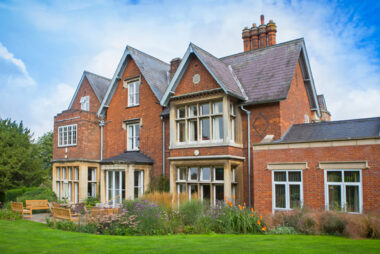
Our course will be held at Benslow Music, Hitchin, just a 30-minute train ride from Cambridge or London. An ideal base for exploring some of England’s most beautiful countryside, the historic town of Hitchin with its fine parish church is a destination in itself. There is also plenty of free parking.
Benslow Music has ten designated rehearsal and practice rooms, including two halls suitable for larger ensembles and public events. They possess a fine Goble harpsichord modelled on a 1727 Christian Zell original as well as virginals, a spinet and a restored Broadwood square piano dating from the 1820s.
Benslow Music provides a wide range of comfortable bedrooms with ensuite or shared bathroom facilities, enviable catering and all sorts of rehearsal and practice rooms. The beautiful gardens provide an inviting space in which to relax and regather energies between sessions. Additionally, all summer school participants will be able to make use of Benslow Music’s extensive music library during their course. Find out more about accommodation on Benslow Music’s website.
Fees and bursaries
Find all information about fees and on how to pay the deposit.
The Selene Webb (née Mills) Memorial Bursary Fund supports those whose financial situation would prevent them from attending our courses without assistance, particularly music students and those setting out on a career in music. Find out more on how to apply for a bursary.
